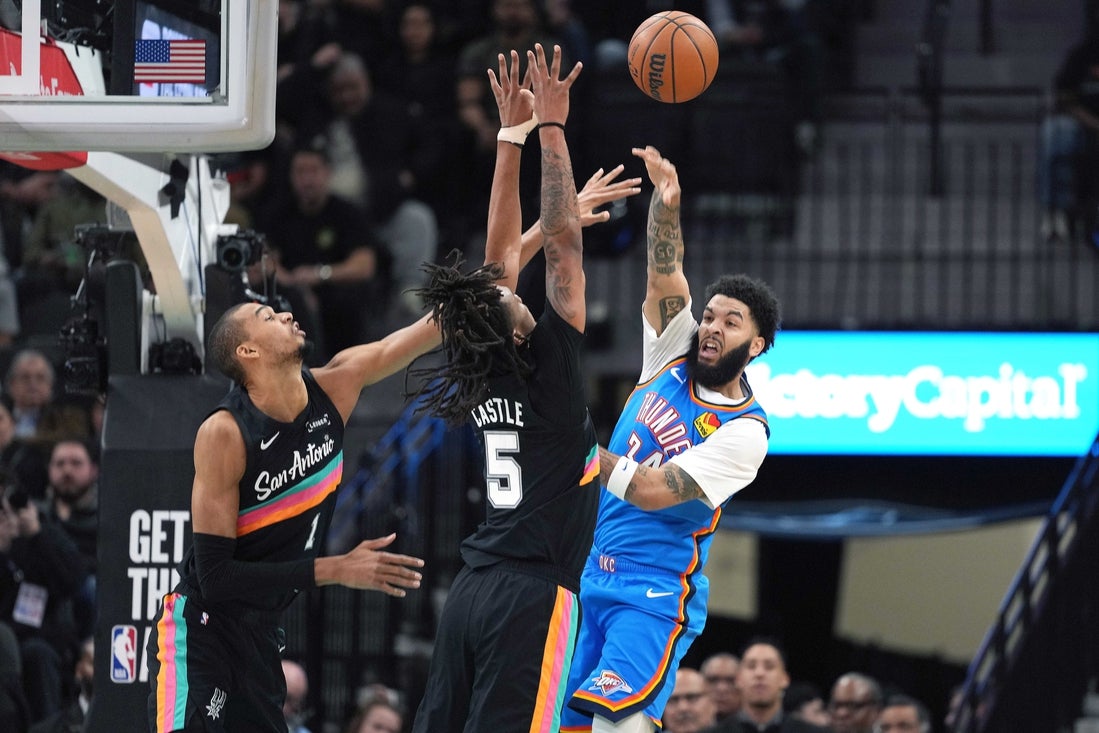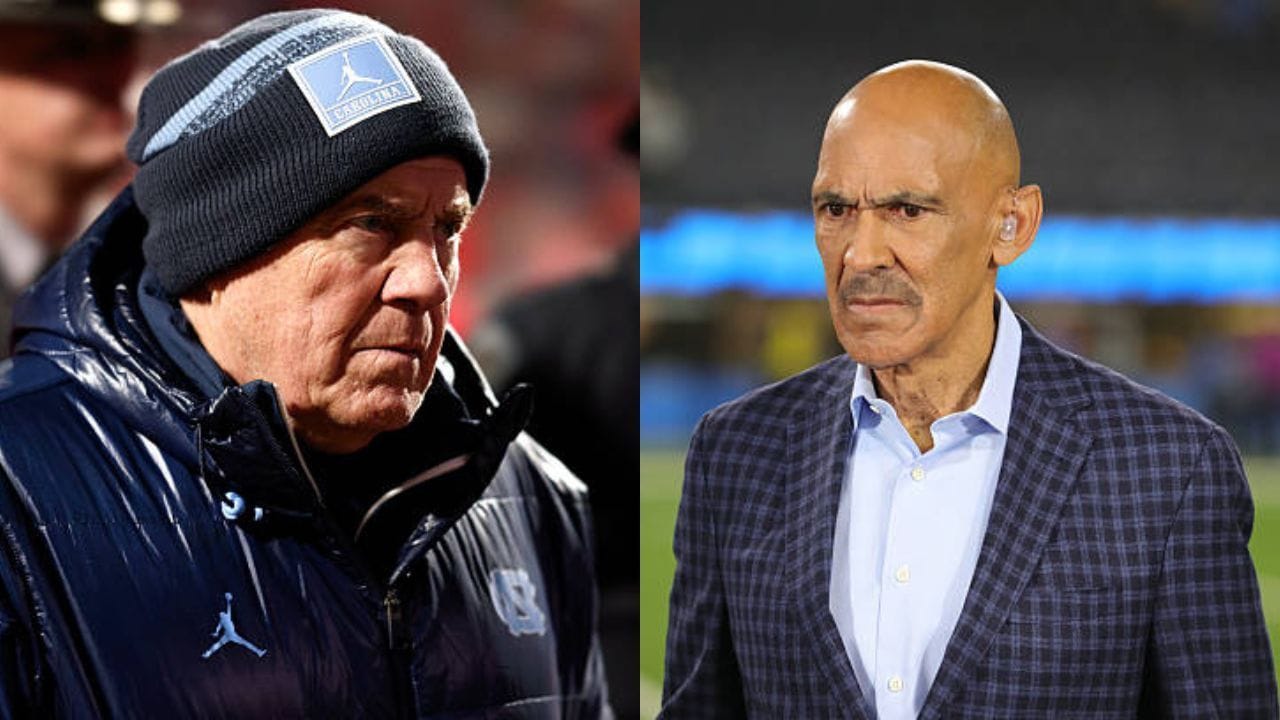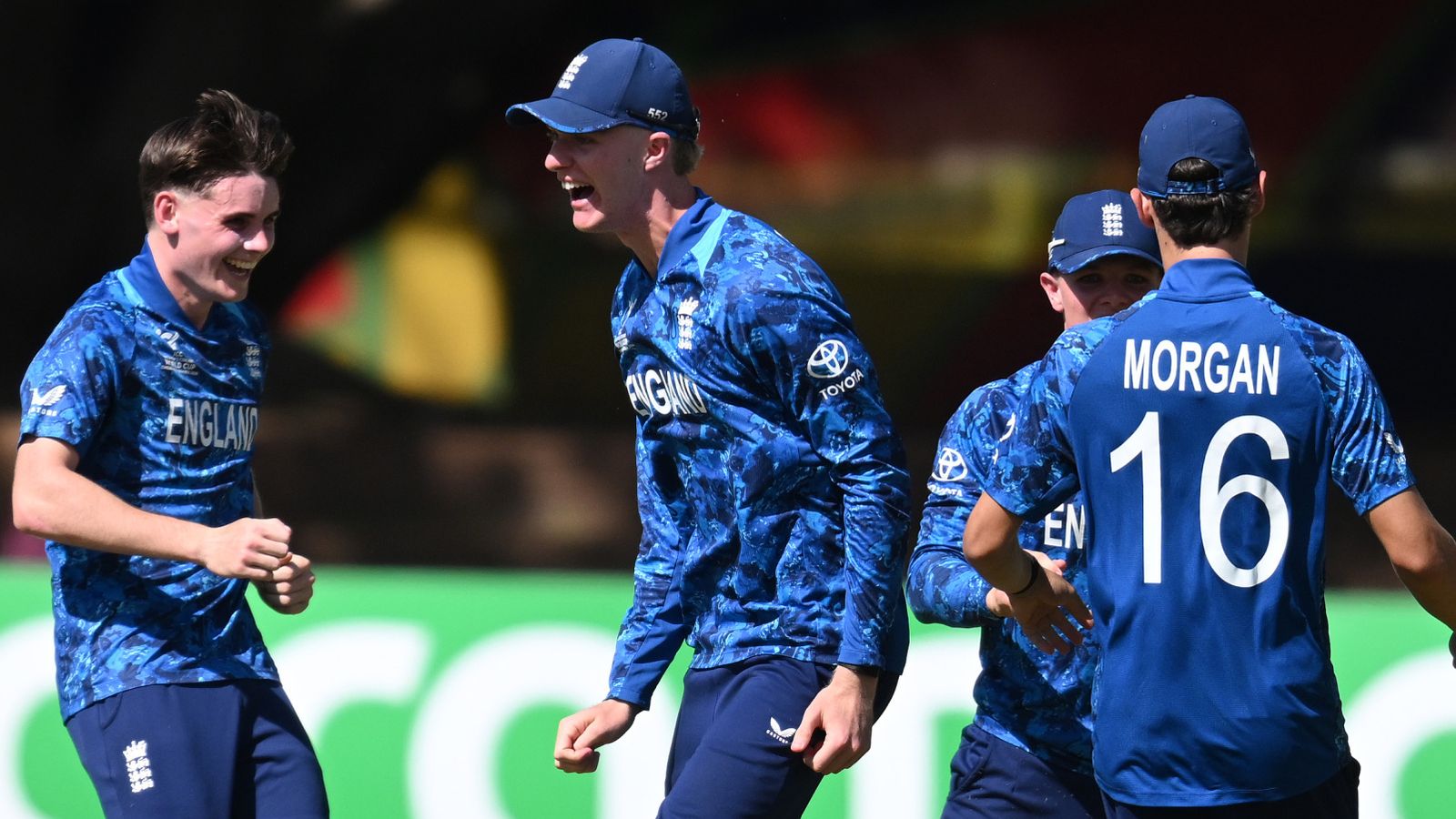We’re past the halfway point of the 2022/23 National League campaign, so it’s time to look ahead to the end-of-season play-offs.
Gaining promotion to the lowest division of the Football League is notoriously difficult, with only the champions able to do so automatically.
The six teams below them are forced to contest the play-offs, with only one of those sides able to move up a division too.
Here’s everything there is to know about the National League play-offs.
Each season, two teams are promoted from the National League to League 2, with the champions always going up automatically.
The clubs that finish second and third go straight through to the play-off semi-finals where they play the two winners of the quarter-finals, which the teams from fourth to seventh contest; the winners of those semis meet in a final at Wembley, with the victor being promoted. All ties consist of a single leg.
The bottom four teams in the league are relegated to the National League North or National League South depending on their geographic location, with two from each of those coming up to replace them.
The 2022/23 National League campaign will end on April 29, with the team gaining automatic promotion and those that will contest the play-offs being confirmed that day.
The play-off quarter-finals will then be played on the evenings of May 2 and May 3 before the semi-finals both take place on May 7.
When is the 2023 National League play-off final?
The 2023 National League play-off final will take place at Wembley Stadium on Saturday May 13 and will most likely start in the afternoon.
Unsurprisingly given the number of points still up for grabs, no team has yet secured a place in the 2023 play-offs.
With Notts County and Wrexham dominating at the top of the league, one of them will most likely get a spot in the semi-finals but both will be aiming to win the title and gain automatic promotion instead.
Behind them, Woking and Chesterfield are battling it out for the last semi-final place while Bromley and Wealdstone are hot on the heels of Barnet, Southend and Dagenham & Redbridge.
Position | Team | Played | Won | Drawn | Lost | Goal difference | Points |
|---|---|---|---|---|---|---|---|
1 | Notts County | 27 | 18 | 8 | 1 | +44 | 62 |
2 | Wrexham | 25 | 18 | 5 | 2 | +43 | 59 |
3 | Woking | 26 | 16 | 4 | 6 | +22 | 52 |
4 | Chesterfield | 23 | 15 | 4 | 4 | +22 | 49 |
5 | Barnet | 24 | 12 | 5 | 7 | +3 | 41 |
6 | Southend | 25 | 10 | 8 | 7 | +12 | 38 |
7 | Dagenham & Redbridge | 24 | 11 | 5 | 8 | +1 | 38 |
8 | Bromley | 25 | 10 | 7 | 8 | +5 | 37 |
9 | Wealdstone | 25 | 10 | 7 | 8 | -4 | 37 |
As of 15 January 2023.
BT Sport hold the broadcasting rights for Football League matches in the United Kingdom. They will show the play-off games on their various television and streaming services.
Getting promoted to League Two and the Football League is a real game-changer for non-club clubs from a financial perspective.
That’s because they then receive a basic award payment from the EFL as well as a solidarity payment from the Premier League. Those two payments combined amount to just under £1m.
Such a sum of money can be transformative for a club, and doesn’t even take into account the increased ticket sales and fees paid for matches shown on TV.







![[Analysis] Is the SPY normally Up or Down after a 3 Day Weekend? : stocks [Analysis] Is the SPY normally Up or Down after a 3 Day Weekend? : stocks](https://external-preview.redd.it/Zr9opiP85NAdwK1MwUpmMZDcZ0hEK85e03pnTAH48zQ.jpg?auto=webp&v=enabled&s=ab5d21b00d2439f0a5bf28d0ce6d87dc4bc51631)








